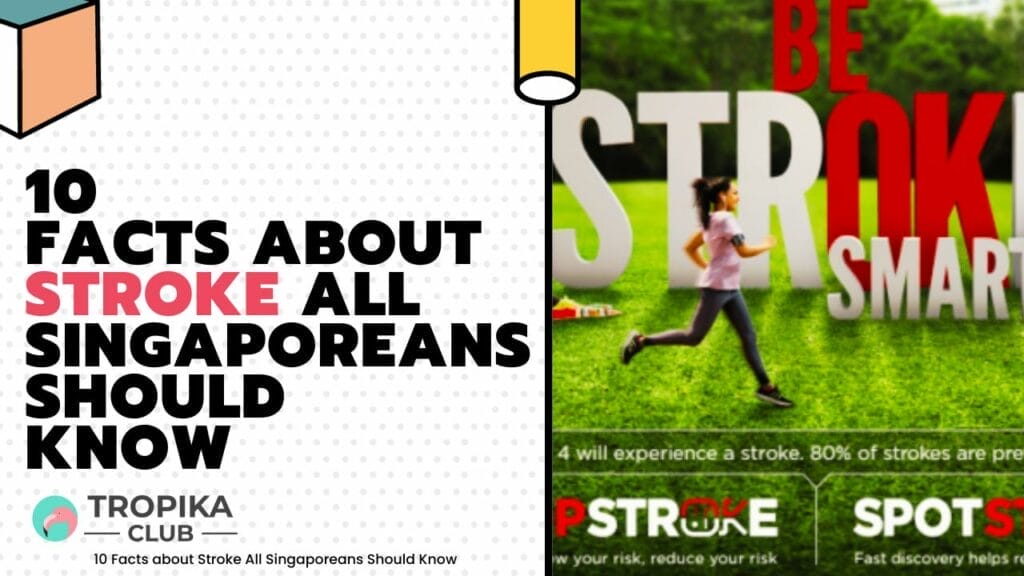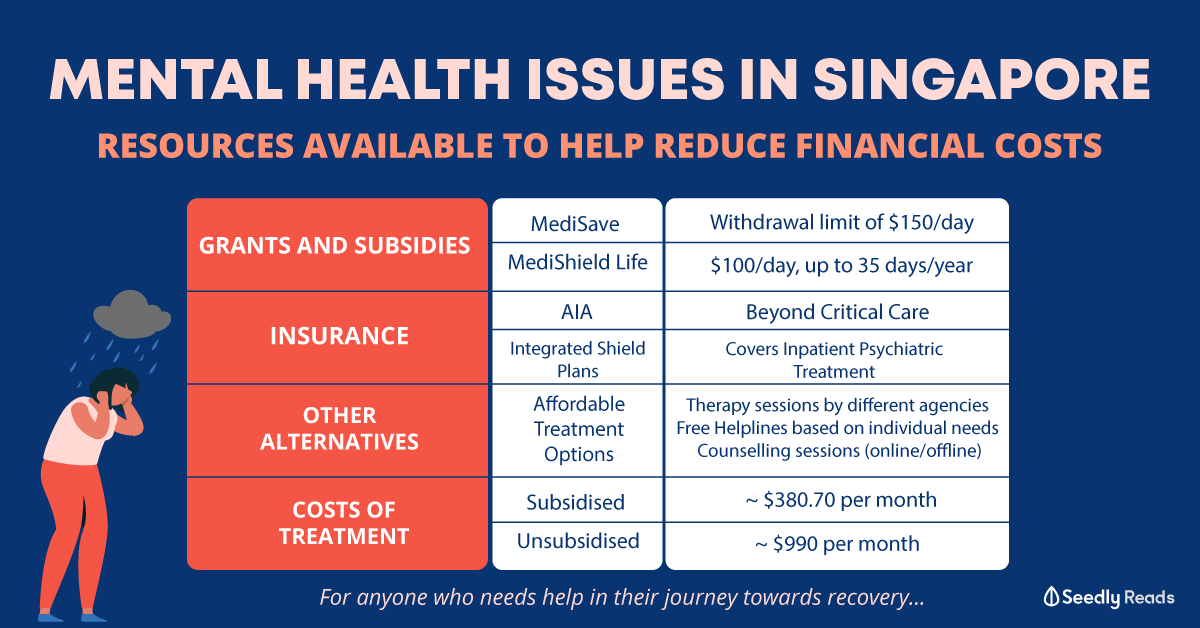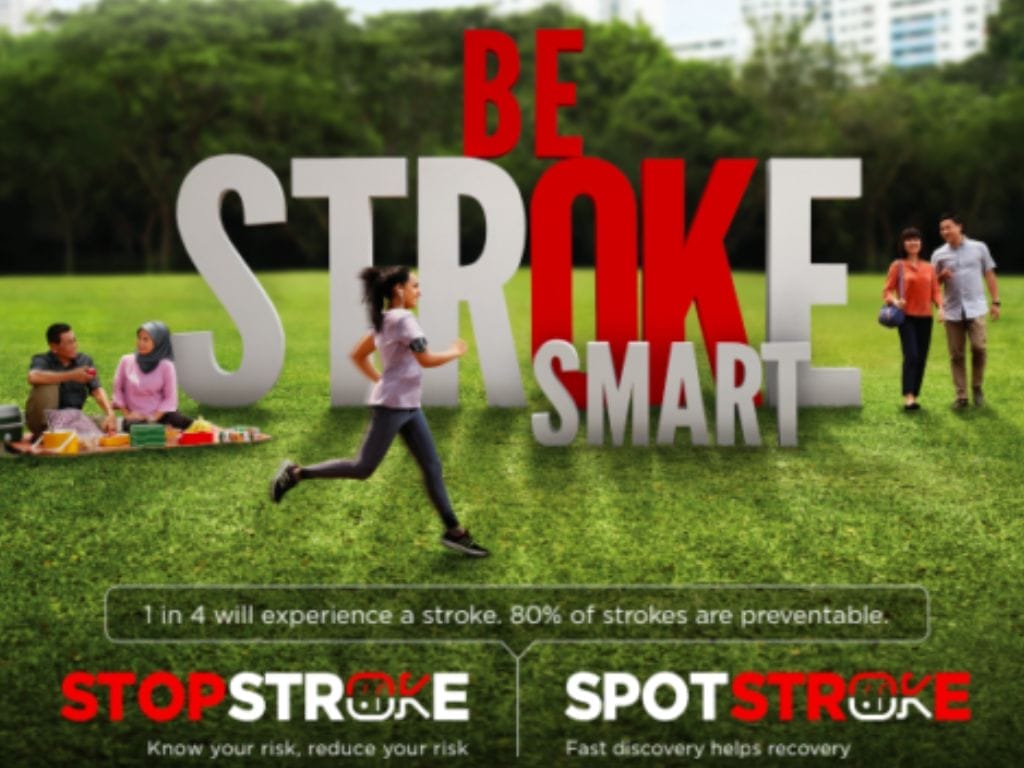10 Facts about Stroke All Singaporeans Should Know

No Time to Read? Here’s a Snappy Summary of This Article
- Stroke Strikes Swiftly: A stroke can happen suddenly and without warning, altering lives in an instant.
- Brain Attack: Think of it as a “brain attack” because strokes are like heart attacks, but for the brain.
- Time is Brain: The faster you seek help, the more brain function can be saved during a stroke.
- F.A.S.T. Action: Remember F.A.S.T. – Face drooping, Arm weakness, Speech difficulty – Time to call 911.
- Silent Threat: Mini-strokes (TIAs) can signal a major stroke risk – treat them seriously.
- Prevention Power: Lifestyle changes like exercise and a balanced diet can significantly reduce stroke risk.
Table of Contents
- No Time to Read? Here’s a Snappy Summary of This Article
- 1. What is a Stroke?
- 2. Types of Stroke
- 3. Risk Factors
- 4. Symptoms to Watch For
- 5. Prevention is Key
- 6. Treatment Options
- 7. The Role of Technology
- 8. Community Support
- 9. Impact on Mental Health
- 10. Economic Burden of Stroke
- Meanwhile, Check Out Tropika Club’s Ecosystem of Websites
Introduction
In the bustling city-state of Singapore, where the pace of life is fast and stress levels are often high, health issues like stroke are becoming increasingly prevalent. Despite its seriousness, many Singaporeans are still unaware of the critical facts surrounding this medical condition. This article aims to shed light on 10 essential facts about stroke that every Singaporean should know. The objective is to empower you with knowledge, so you can take proactive steps towards prevention and treatment.
1. What is a Stroke?
A stroke occurs when the blood supply to a part of the brain is interrupted or reduced, depriving the brain cells of oxygen and nutrients. Within minutes, these cells begin to die, leading to potential long-term damage or even death. In Singapore, stroke is the fourth leading cause of death, making it a significant public health concern. Understanding what a stroke is, is the first step in combating this life-threatening condition.

2. Types of Stroke
There are primarily three types of stroke: Ischemic, Hemorrhagic, and Transient Ischemic Attack (TIA). Ischemic strokes are the most common and occur when a blood clot blocks a blood vessel in the brain. Hemorrhagic strokes happen due to a ruptured blood vessel, while TIA, often called a “mini-stroke,” is a temporary disruption of blood flow to the brain. Knowing the types can help in early diagnosis and treatment.

3. Risk Factors
Several risk factors contribute to the likelihood of experiencing a stroke. These include high blood pressure, smoking, diabetes, high cholesterol, and a sedentary lifestyle. Singaporeans, known for their busy lives and stress-filled schedules, should be particularly vigilant about these risk factors and take preventive measures.

4. Symptoms to Watch For
Recognizing the symptoms of a stroke can be life-saving. The most common signs include sudden numbness or weakness in the face, arm, or leg, confusion, trouble speaking, and loss of balance. If you or someone you know exhibits these symptoms, seek medical attention immediately.

5. Prevention is Key
Preventive measures can significantly reduce the risk of stroke. A balanced diet, regular exercise, and routine medical check-ups are essential. For Singaporeans who are always on the go, incorporating these habits into your daily routine can make a world of difference.

6. Treatment Options
Immediate medical intervention is crucial for stroke victims. Treatments may include medications to dissolve blood clots, surgical procedures to repair blood vessels, and rehabilitation therapies to regain lost functions. The sooner the treatment begins, the better the chances of recovery.
_
Read Also:
The Importance of a Good Night’s Sleep
_

7. The Role of Technology
In Singapore, advancements in medical technology have made it possible to diagnose and treat strokes more effectively than ever before. From imaging techniques to minimally invasive surgeries, technology plays a vital role in stroke management.

8. Community Support
The journey to recovery often requires a strong support system. Various organizations and community centers in Singapore offer resources and support to stroke survivors and their families, helping them navigate the challenges that come with this condition.

9. Impact on Mental Health
A stroke doesn’t just affect physical well-being; it can also have a profound impact on mental health. Survivors often experience emotional and psychological challenges, including depression, anxiety, and post-traumatic stress disorder (PTSD). These mental health conditions can hinder the recovery process and affect the quality of life. In Singapore, where mental health is increasingly recognized as a crucial aspect of overall well-being, it’s essential to address these issues as part of a holistic approach to stroke recovery.

10. Economic Burden of Stroke
The economic implications of stroke are often overlooked but are incredibly significant. From medical bills to loss of income and productivity, the financial burden can be overwhelming for the individual and their family. In Singapore, where the cost of healthcare is a growing concern, understanding the economic impact of stroke can help in planning for potential financial challenges. It also underscores the importance of preventive measures to mitigate these costs.
Conclusion
Stroke is a serious medical condition that requires immediate attention and long-term care. Being informed about its types, symptoms, and treatment options can make a significant difference in outcomes. As Singaporeans, it’s our collective responsibility to be aware and take proactive steps to mitigate the risks associated with stroke. Knowledge is power, and in this case, it could very well be the power to save a life.

Frequently Asked Questions (FAQ)
1. Q: What is the leading cause of stroke worldwide?
A: Stroke is primarily caused by the interruption of blood flow to the brain, often due to a blood clot or a ruptured blood vessel.
2. Q: How can I recognize the signs of a stroke?
A: Remember F.A.S.T. – Face drooping, Arm weakness, Speech difficulty, and Time to call 911 – to identify stroke symptoms.
3. Q: How does stress contribute to stroke risk?
A: Stress can lead to high blood pressure and other risk factors for stroke, making stress management crucial.
4. Q: Is it possible to recover from a stroke?
A: Recovery varies, but rehabilitation and medical care can help survivors regain functionality and independence.
5. Q: How can I support stroke survivors in their journey to recovery?
A: Offer emotional support, assist with daily tasks, and encourage participation in post-stroke rehabilitation programs.
6. Q: What are the long-term effects of a stroke?
A: Long-term effects can vary but may include paralysis, speech difficulties, and cognitive impairments.

Have an Article to Suggest?
Tropika Club is always looking for new and exciting content to feature in their magazine and they value the input of our readers. If you have any noteworthy content or articles that you believe would be a great addition to Tropika Club’s magazine, we are open to suggestions and encourage you to reach out to us via email at [email protected]. By doing so, Tropika Club values your expertise and knowledge in the matter and appreciates your willingness to help. We will review your recommendations and update our list accordingly
Meanwhile, Check Out Tropika Club’s Ecosystem of Websites
Tropika Club Magazine – Tropika Club Magazine is a Singapore-based publication that features articles on a wide range of topics with a focus on local businesses and content for the region. The magazine emphasizes supporting local businesses through its #SupportLocal initiative, which includes coverage of everything from neighborhood hawker stalls to aesthetic clinics in town. In addition to highlighting local businesses, Tropika Club Magazine also covers a variety of local content, including beauty, lifestyle, places, eats, and what’s on in Singapore and the Asia Pacific region.



